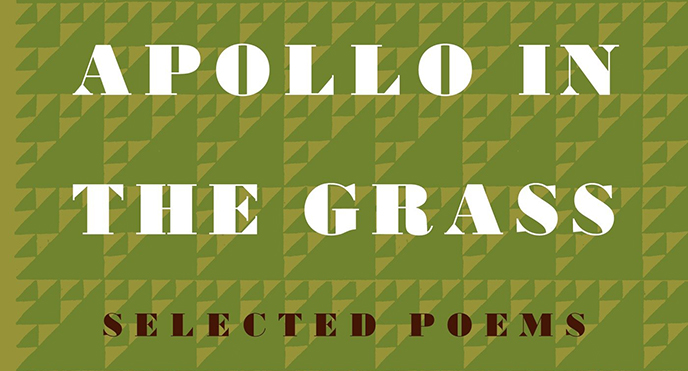William James set the stage for his essays in Pragmatism by dividing philosophical temperaments into two sorts: the tender-minded and the tough-minded. Aleksandr Kushner’s poems decidedly fall into the tough-minded side, and yet are also loved in Russia for their tenderness and delicacy of feeling. Here we have a poem that shows off this contrast especially strongly. It is at once remarkably compassionate, remarkably intimate, quite universal, and thoroughly tough-minded. What melds such a composite into one unified piece are the charm and grace of Kushner’s modest yet dignified style.
Translating this poem was a breakthrough for us in jointly capturing Kushner’s characteristic tone and the suppleness with which it moves to meet life in all its vicissitudes.
—Robert Carnevale and Carol Ueland
In despair or in trouble, trouble,
Whoever you may be, when you go down in sorrow,
Know this: I’ve been there before you on this murky star,
I’ve gone cold, I’ve wept in the hallway.
So as not to be noticed, I lowered my eyes. I admit to you
These tears of my own, unfortunate friend,
Whoever you may be, just so you’ll know: the heavens
Will not be struck by that thick, silent cry,
And they will not reply. Don’t you see the ancient track?
You are not the first to thread the shadows along the precipice.
The path is laid. There then, isn’t that better?
Touchy one, I’m playing with you.
You’d like me to spell out my misfortunes? They will not
Pass my lips; the thick-skinned bush is still smoldering.
Like that moment in Pushkin: “it’s all coming down on my head…”
What is this “all”? Don’t ask: all of us have the same all.
Ah, you, whoever you may be, aren’t you
Already less wretched, less lonely?
Pace the room back and forth, or lie down on the sofa awhile,
And here’s life, up and about again, tender, blue-eyed.
Aleksandr Kushner was born in Leningrad (now St. Petersburg) in 1936, and his poetry resonates with the city’s rich cultural heritage. He rose to prominence as part of the post-Stalin “thaw generation” that included Andrei Bitov, Joseph Brodsky, and Evgenii Rein, and his work has reached new levels in both reputation and popularity since the break-up of the Soviet Union. His poems have been translated into more than a dozen languages, he has won virtually every national honor a Russian poet can win, and much international recognition as well.
Carol Ueland teaches Russian language and literature at Drew University, where she directs the Russian program. Her scholarly work and translations focus on Russian poetry and Russian women’s writing.
Robert Carnevale’s poems have been published in The Paris Review, The New Yorker, and other magazines and anthologies. He also teaches at Drew University, in the Arts and Letters program.
Read all of our Poetry Month coverage here

